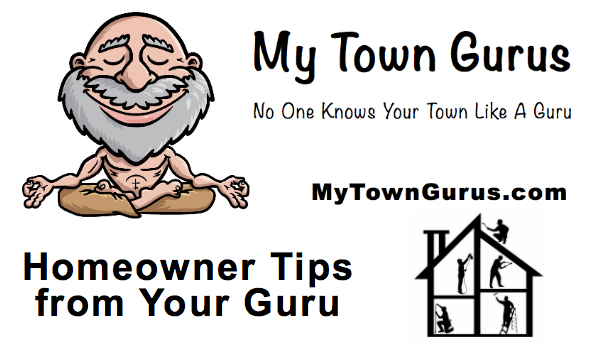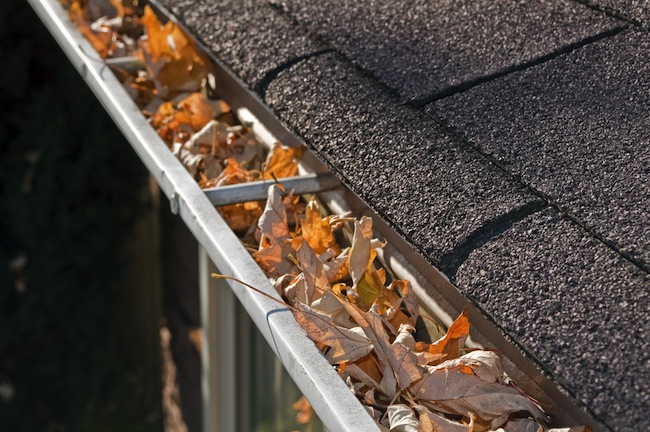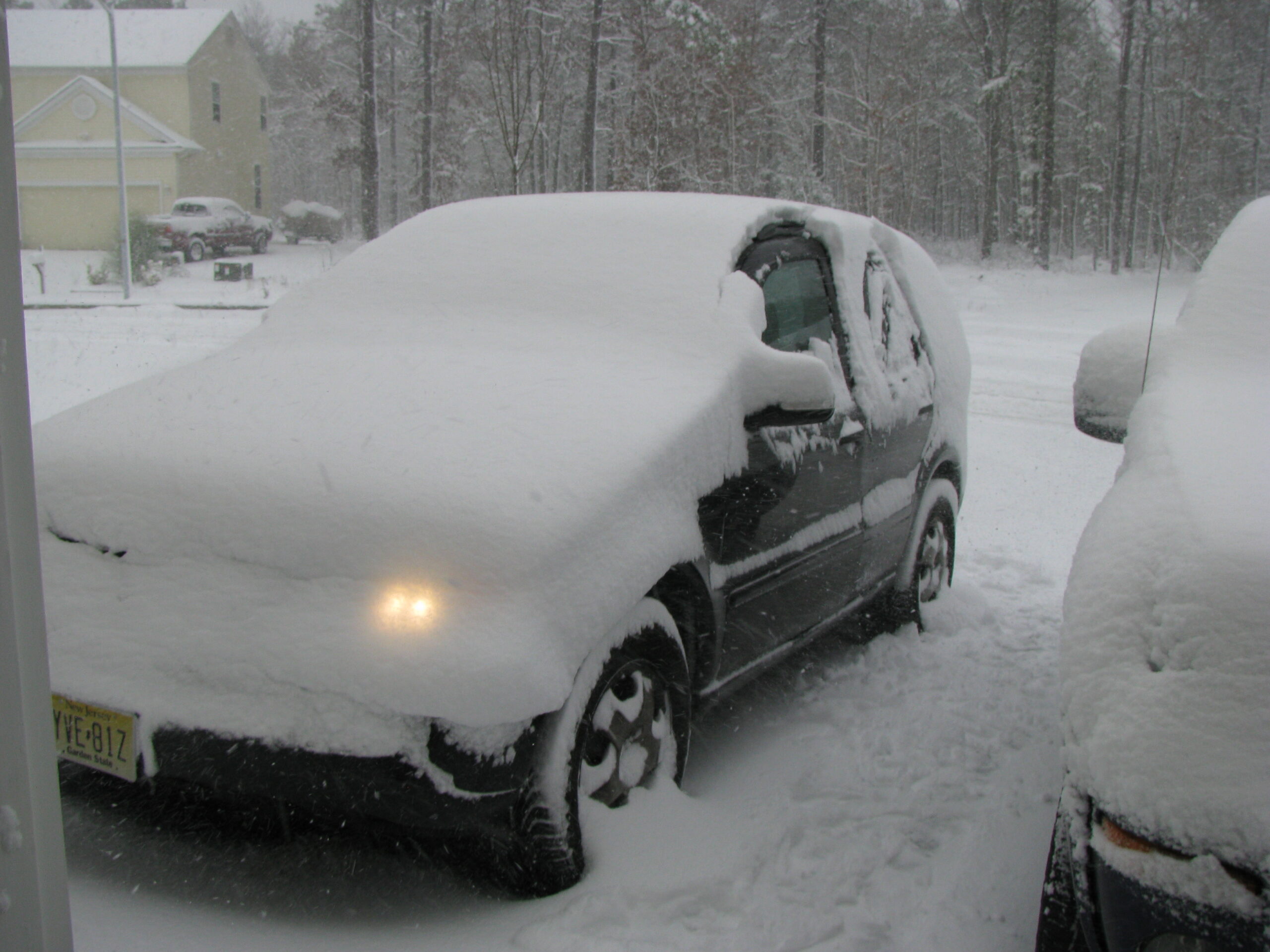
Congratulations! You just closed on your house! Maybe its your first time being a homeowner? Maybe you moved to your dream home? While you are excited, there are some smart tips you should follow to keep your financial house in order.
1. Don’t Overspend on Furniture and Remodeling
You’ve just spent a large portion of your savings on a down payment, closing costs and moving expenses. Money is tight for most new homeowners as they typically buy as much house as they can afford. Not only are their savings depleted, their monthly expenses are often higher because of the new expenses that come with home ownership including utilities, insurance, and more.
Sure you want to personalize your new home and fill each room the way you dreamed about when touring the house prior to purchasing it. However, don’t go overboard trying to improve everything all at once. Give yourself time to adjust to the expenses of home ownership and rebuild your depleted savings. The upgrades will still be waiting for you when you can more comfortably afford them.
2. Don’t Ignore Important Maintenance Items
One of the new expenses that accompanies home ownership is maintenance and repairs. There is no landlord to call if your roof is leaking or your toilet is clogged. While you should exercise restraint in purchasing the nonessentials, you shouldn’t neglect any problem that puts you in danger or could get worse over time, turning a relatively small problem into a much larger and costlier one.
3. Hire Qualified Contractors
Never try to save money by making improvements and repairs yourself that you aren’t qualified to make. Your home is not just where you live but also an investment. It deserves the same level of care and attention you would give to anything else you place a high level of value on. There is nothing wrong doing things you have the ability to do , but if there is something you aren’t familiar with, don’t mess with it. Hiring professionals to do work you don’t know how to do is the best way to keep your home in top condition and avoid injuring or even killing yourself.
4. Get Help with Your Tax Return
A lawyer that represents himself has a fool for a client. The same is true for an accountant. Even if you hate the thought of spending money on an accountant when you normally do your returns yourself, and even if you’re already feeling broke from buying that house, hiring an accountant to make sure you complete your return correctly and maximize your refund is a good idea. Home ownership significantly changes most people’s tax situations and the deductions they are eligible to claim. Go to the professionals!
5. Keep Receipts for Home Improvements
When you sell your home, you can use these costs to increase your home’s basis, which can help you to maximize your tax free earnings on the sale of your home. You can earned up to $250,000 tax free from the sale of your home if it was your primary residence and you had lived there for at least two of five years before you sold it. If you own it jointly with a spouse, you could each get the $250,000 exemption.
Let’s say you purchased your home for $150,000 and were able to sell it for $450,000. You’ve also made $20,000 in home improvements over the years you’ve lived in the home. If you haven’t saved your receipts, your basis in the home, or the amount you originally paid for your investment, is $150,000. You take your $250,000 exemption on the proceeds and are left with $50,000 of taxable income on the sale of your home. However, if you saved all $20,000 of your receipts, your basis would be $170,000 and you would only pay taxes on $30,000. That’s a huge savings: in this case, it would be $5,000 if your marginal tax rate is 25%.
6. Don’t Confuse a Repair with an Improvement
Unfortunately, not all home expenses are treated equally for the purpose of determining your home’s basis. The IRS considers repairs to be part and parcel of home ownership. Repairs are something that preserves the home’s original value but does not enhance its value. This may not always seem true. For example, if you bought a foreclosure and had to fix a lot of broken stuff, the home is obviously worth more after you fix those items. The IRS doesn’t see it that way. It’s only improvements such as replacing the roof or adding central air conditioning. These will help decrease your future tax bill when you sell your home.
7. Get Properly Insured
Your mortgage lender requires you purchase homeowners insurance at an amount that is enough to fully replace the property in the event of a total loss. But that’s not the only insurance coverage you need as a homeowner. If you share your home with anyone who relies on your income to help pay the mortgage, whether it’s a girlfriend or a child, you’ll need life insurance with that person named as a beneficiary so he or she won’t lose the house if you die unexpectedly. Similarly, you’ll want to have disability-income insurance to replace your income if you become so disabled that you can’t work.
In addition, as a homeowner you have more to lose in the event of a lawsuit. You will want to make sure you have excellent car insurance coverage. If you are self employed as a sole proprietor, you may want to consider forming a corporation for greater legal protection of your assets. You may also want to purchase an umbrella policy that picks up where your other policies leave off. If you are found at fault in a car accident with a judgment of $1 million against you and your car insurance only covers the first $250,000, an umbrella policy can pick up the rest of the slack. These policies are usually issued in the millions.




Customer Reviews
Thanks for submitting your comment!